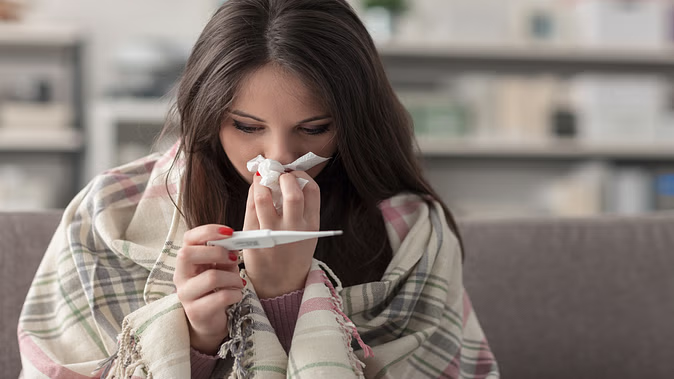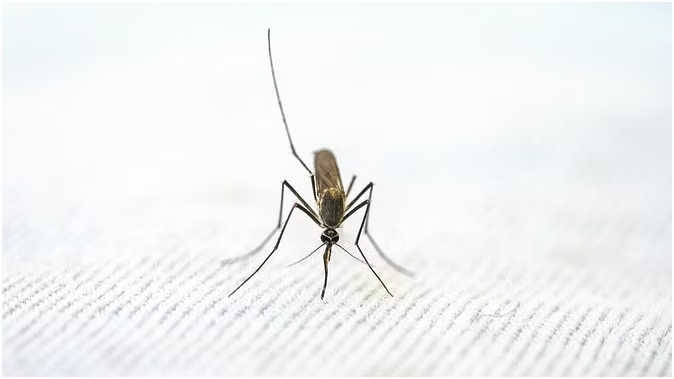The monsoon has brought news of relief amid the scorching heat that has been going on for the last few months across the country, but along with the monsoon, the threat of mosquito-borne diseases has also started haunting. In many states including Maharashtra, an increase in dengue cases has been recorded in recent days. According to media reports, dengue cases have been reported in both urban and rural areas.

The Maharashtra government had reported 1,755 dengue-positive cases from the beginning of the year to the first week of May. Now that the monsoon has started, the risk of dengue is expected to increase further.
It is worth noting that as soon as the rains start, the risk of mosquito-borne diseases starts increasing. In this season, along with dengue, cases of malaria, and chikungunya also start increasing. People have been warned about the increasing cases of dengue in the US as well as in India. Let us know how this disease causes problems and what measures can be taken to prevent it.
Alert about dengue in the US too
According to the report of the Centers for Disease Control and Prevention (CDC), a total of 2,241 cases of dengue have been reported in the US so far this year. A public health emergency was also declared after cases reached an all-time high in March. The CDC says that most of the cases reported in the states are related to travel.
An NBC News report says that this year the incidence of dengue fever is being seen at record levels globally, especially in Latin American countries where more than 9.7 million dengue cases have been reported. According to the CDC, this is double the total cases of 2023 (4.6 million cases).
Dengue cases started coming in Maharashtra
According to the current data, dengue cases continue to increase in the state and its risk may be even higher during the monsoon days.
In a report, state entomologist Dr. Mahendra Jagtap said, that due to the ignorance of people, water gets collected under pots, tires, broken utensils, or plastic sheets on top of slums. All these are ideal places for mosquitoes to breed. Stagnant water in puddles and clogged drains also becomes a suitable breeding ground for the Aedes mosquito that spreads dengue. Experts also speculated that due to early and excessive pre-monsoon rains, dengue cases are being seen increasing prematurely this time.

Causes and symptoms of dengue fever
Dengue is a disease caused by the bite of infected mosquitoes, although being around an infected person does not cause dengue fever. When a mosquito bites a person infected with the dengue virus, the virus enters the mosquito. Then, when the infected mosquito bites another person, the virus enters that person's bloodstream and causes infection.
Dengue symptoms can include high fever and flu-like problems. In severe cases, it has also been seen to cause bleeding within the body. If its symptoms are not paid attention to on time, it can cause severe bleeding, sudden drop in blood pressure (shock), and death.
How to prevent dengue?
Health experts say it is important to keep making continuous efforts to prevent dengue.
Mosquitoes carrying dengue virus are most active from morning to evening, they can also bite at night. Wear protective clothing to avoid mosquito bites.
Wear long sleeve shirts and pants.
Do not allow dirt or waterlogging around the house to prevent mosquitoes from breeding.
Prevent water from collecting in pots, cooler water, or empty utensils.
Keep taking continuous measures to increase the body's immunity.
(PC: ISTOCK)










